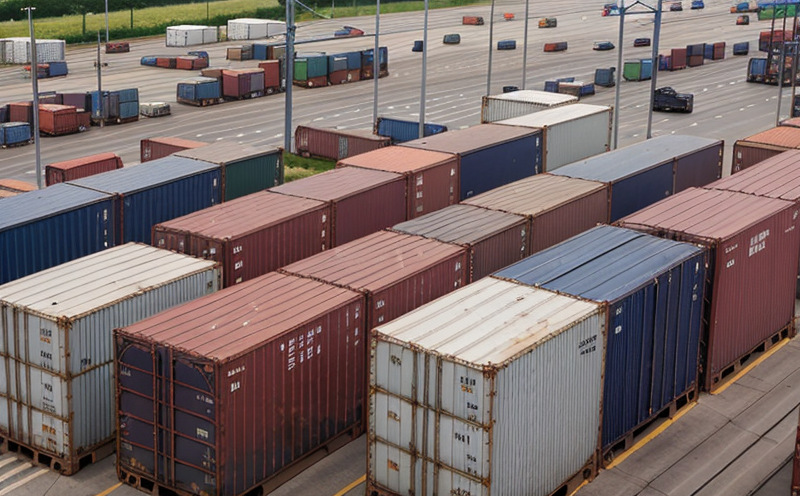International trade compliance refers to the process of adhering to laws, regulations, and standards governing international trade practices. It involves ensuring that businesses comply with various requirements related to customs clearance, export control, tax, and regulatory compliance in multiple countries.
The importance of international trade compliance cannot be overstated. Non-compliance can result in severe penalties, fines, and even imprisonment. Additionally, non-compliant companies may face reputational damage, loss of business licenses, and difficulty in accessing credit or finance.
To maintain a high level of compliance, businesses need to have a comprehensive understanding of the various regulations and standards governing their trade activities. This includes familiarizing themselves with export control laws, customs clearance procedures, tax requirements, and other regulatory obligations.
Here are some key aspects of international trade compliance:
Export Control Laws:
Export control laws govern the export of certain goods and technologies to countries subject to sanctions or embargoes.
These regulations often involve obtaining licenses or permits before exporting restricted items.
Companies must also ensure that they do not inadvertently export prohibited items by maintaining accurate records of their shipments.
Customs Clearance Procedures:
Customs clearance procedures involve complying with the customs requirements of importing countries, including providing accurate documentation and paying duties and taxes on imported goods.
Businesses must also comply with regulations related to labeling, packaging, and marking of goods for export.
They should familiarize themselves with the customs clearance procedures of their target markets to avoid delays or penalties.
QA Section:
1. What is international trade compliance?
International trade compliance refers to the process of adhering to laws, regulations, and standards governing international trade practices.
2. Why is international trade compliance important?
The importance of international trade compliance cannot be overstated. Non-compliance can result in severe penalties, fines, and even imprisonment. Additionally, non-compliant companies may face reputational damage, loss of business licenses, and difficulty in accessing credit or finance.
3. What are the key aspects of international trade compliance?
The key aspects of international trade compliance include export control laws, customs clearance procedures, tax requirements, and other regulatory obligations.
4. How can businesses maintain a high level of compliance?
Businesses need to have a comprehensive understanding of the various regulations and standards governing their trade activities. This includes familiarizing themselves with export control laws, customs clearance procedures, tax requirements, and other regulatory obligations.
5. What are some common pitfalls that companies face in international trade compliance?
Some common pitfalls include non-compliance with export control laws, failure to comply with customs clearance procedures, inaccurate documentation, and inadequate record-keeping.
6. How can businesses mitigate the risks associated with non-compliance?
Businesses can mitigate these risks by maintaining accurate records of their shipments, ensuring that they comply with export control laws, customs clearance procedures, and tax requirements, and staying up-to-date with changes in regulations.
7. What are some resources available to help businesses navigate international trade compliance?
Some resources include consulting with trade experts, joining industry associations, attending workshops and seminars, and accessing online resources such as the U.S. Department of Commerces Export.gov website.
8. How can businesses ensure that they have adequate procedures in place for complying with international trade regulations?
Businesses should develop policies and procedures outlining their compliance obligations, assign responsibility for ensuring compliance to key personnel, provide regular training on regulatory requirements, and conduct regular audits to identify areas for improvement.
9. What is the role of customs brokers in international trade compliance?
Customs brokers play a crucial role in facilitating customs clearance and ensuring compliance with regulations governing imports and exports. They can help businesses navigate complex customs procedures and ensure that they comply with all relevant laws and regulations.
10. How can businesses measure their level of compliance with international trade regulations?
Businesses should regularly review their internal policies, procedures, and systems to identify areas for improvement. They should also conduct regular audits to assess compliance levels and implement corrective actions as needed.

































